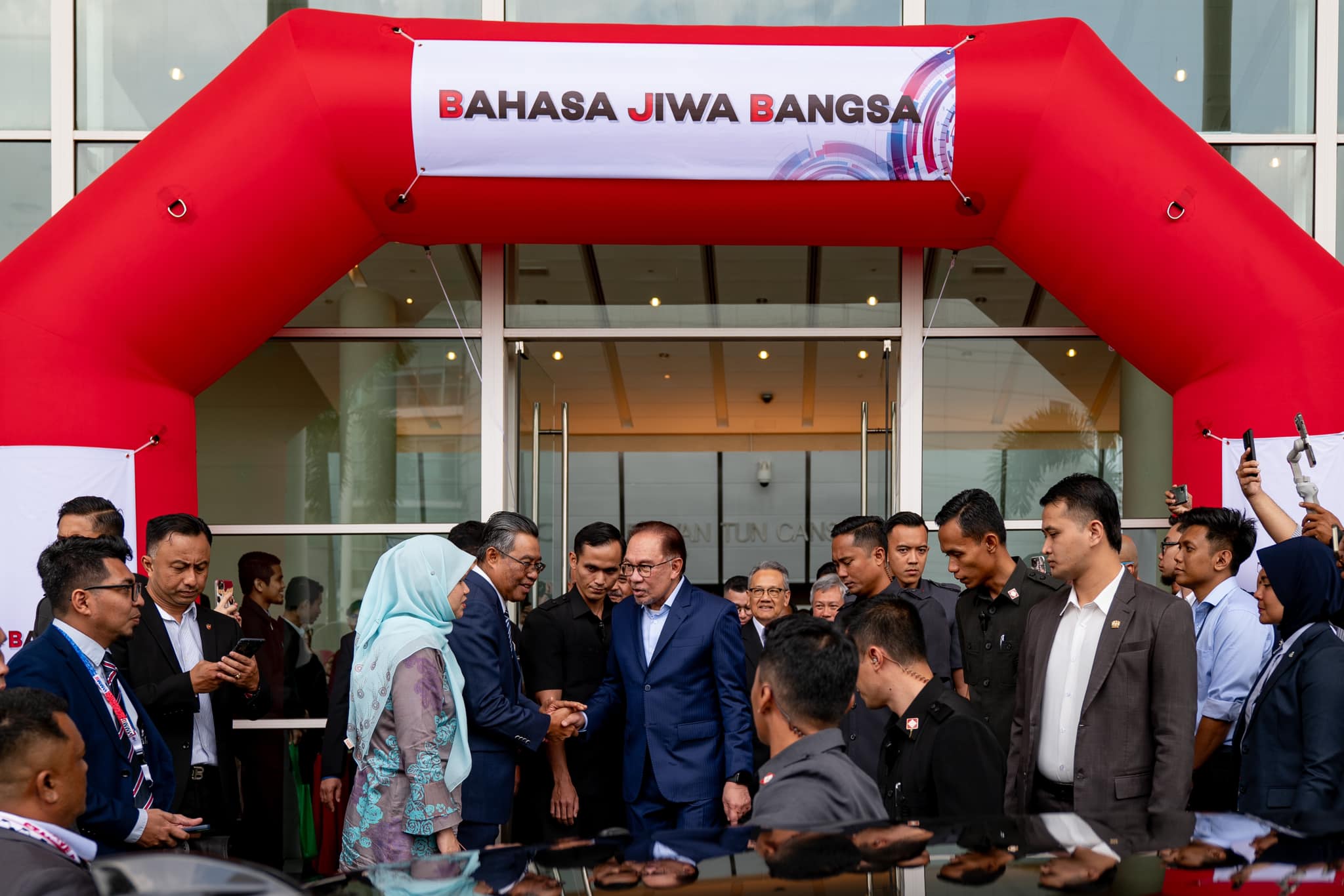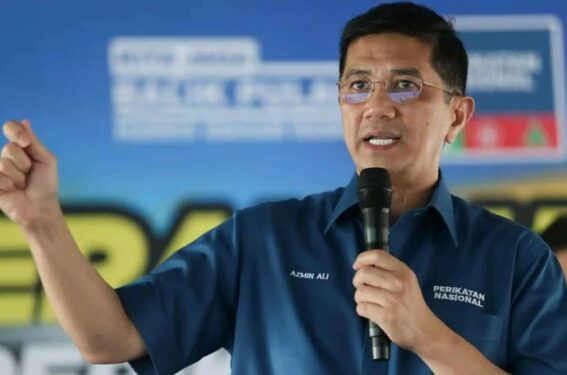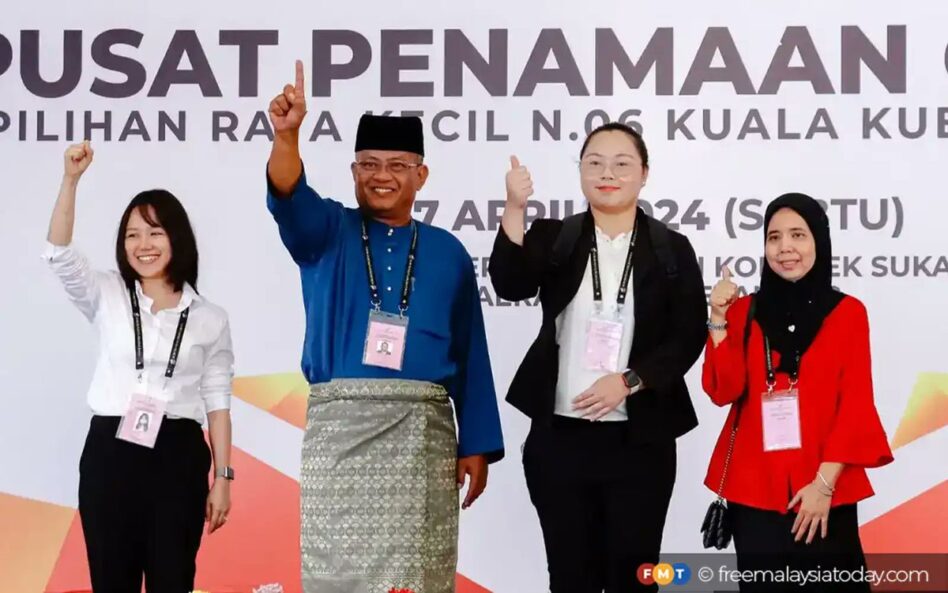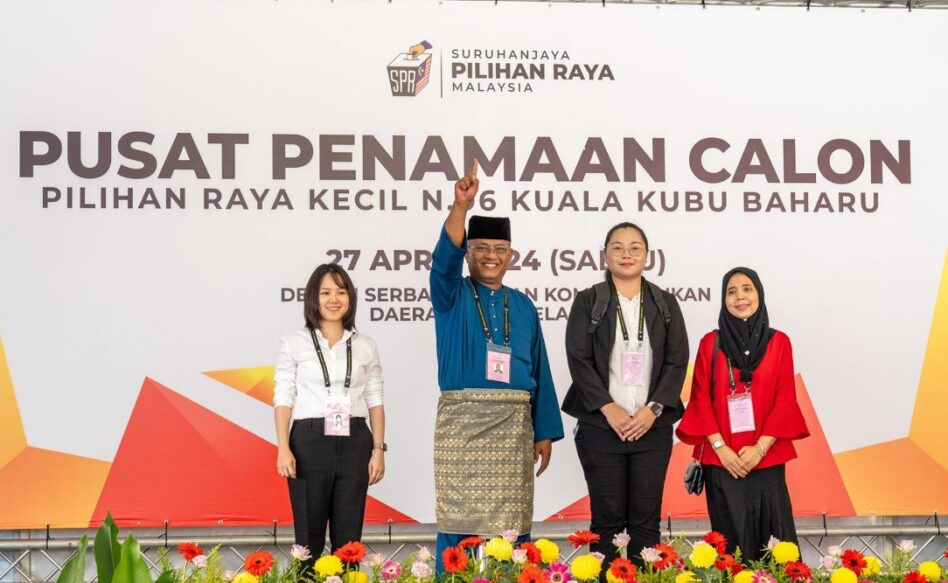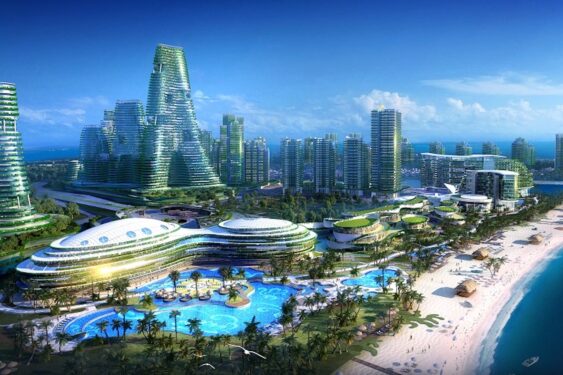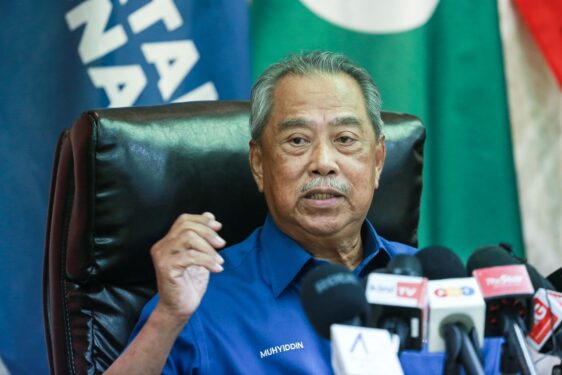WHETHER it is sheer hypocrisy or not on the part of Prime Minister (PM) Datuk Seri Anwar Ibrahim to jump on the bandwagon of language nationalism to instruct government departments to return or reject correspondence or letters in languages other than Malay remains to be seen.
The question of Malay as the national language has long been settled in the country. There is no reason or rhyme to invoke language nationalism anymore other than for political reasons.
Malay is the language of communication in government departments, medium of instruction in public schools, universities and others. There is no question of other languages creeping in surreptitiously to replace Malay.
If there is fear, then certainly it is a misplaced one or based on paranoia.
However, in schools and certain public universities, English might be used to encourage students to become proficient in the language. In universities and colleges established to cater for primarily for Malay students, I understand that English is used as the medium of instruction.
Losing FDIs over language pride
While instruction in English might contradict with the national language policy, the requirements of the larger good might be a countervailing factor.
I further understand that English is the medium of instruction in International Islamic University Malaysia (UIA) to cater for international students. Again, this is a clear contradiction but being an international university, the use of English in UIA is justified.
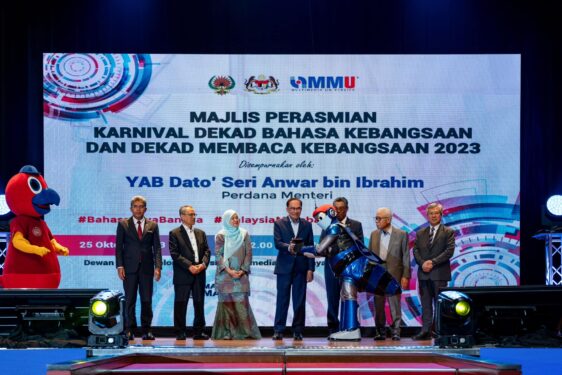
However, since the use of Malay has been unevenly implemented in public institutions of higher learning, I don’t understand the fuss about Anwar asking government departments not to entertain correspondence in languages other than Malay.
If the correspondence is from foreigners, why should it be rejected or returned? If Malaysia wants a high profile, there is necessity to recognise English. Just imagine foreign potential investors intending to pour billions in investments but their letters to government departments get rejected because they were not written in Malay.
Are our government departments simply going to reject correspondence if they are written in English or languages other than Malay?
Are Malaysians that narrow minded to reject letters in English when the latter has become the unofficial second language in the country – a language of international communications and discourse?
As Sabah and Sarawak have the right to use both Malay and English, are government departments in these two states going to return or reject letters written in English and not Malay?
I am not sure whether Anwar was conscious about the official status of both languages in Sabah and Sarawak. How can Anwar superimpose a language requirement in these geographical regions when the terms of their entry into Federation of Malaysia in 1963 clearly allowed for both Malay and English?
Scoring political points
I agree that from time to time, efforts should be undertaken by the government departments to strengthen the use of Malay. If there is slack, then something ought to be done.
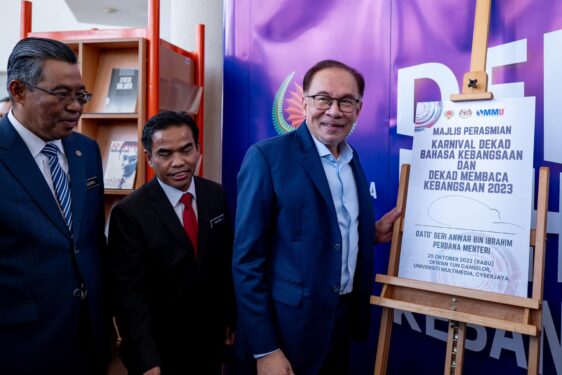
These are routine exercises without the need for the PM’s intervention.
Nobody is questioning Anwar about his commitment in the use of Malay in the country. However, as the prime policy maker in the country, there is no need for him the get into the nitty gritty of the implementation of Malay.
Well, if Anwar is that nationalistic about Malay, then he should be giving speeches in the language at international forums.
Unlike his predecessor Datuk Seri Ismail Sabri Yaakob and the present Deputy Prime Minister Datuk Seri Ahmad Zahid Hamidi, Anwar has a pretty good command of the English language.
Ismail Sabri had to deliver his speeches in the international arena in Malay not because he was nationalistic but his command of English was poor. Similarly, it is better for Zahid to keep his speeches to Malay because his English is not up to the mark.
Lately, Anwar is trying to score political points to ingratiate himself to the Malays. The political coalition he leads has lost considerable Malay support to the opposition Perikatan Nasional (PN).
Act of desperation
As he wants to last for the full term, Anwar is trying his best to be popular with the Malays.
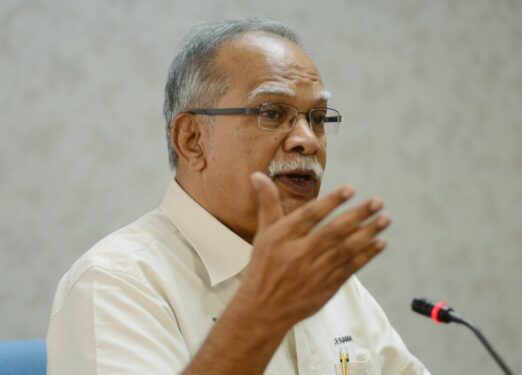
Reminding the non-Malays of their social contract, leading religious conversions, trying to portray himself as the champion of the Palestinians as though the earlier PMs failed, giving premature approval for the holding of Palestinian Solidarity Week in schools and more recently, consenting government departments to reject letters if they are written in languages other than Malay are some of the prominent political antics of Anwar.
I can understand the enforcement part of the use of Malay on the part of government departments but the government has an open policy in the promotion of English.
The government wants science and mathematics to be taught in national schools. This dual language programme has gained much traction among both Malays and non-Malays.
It is alright for Anwar to emphasise the importance of Malay as the national official language. But should he go the extent of micro-managing correspondence to government departments?
Is this the work of a PM? Isn’t there any other more respectable ways Anwar could ingratiate himself with the Malays? Are Malays that naive that they could be amenable to the political tricks of Anwar?
I would like to advise Anwar to focus more the economy to address the food shortage, the decline of the value of the ringgit against the US currency, the creation of talented workforce and ensuring the pledges of investments have materialised.
Thus, in order to get the economy going, he needs a good team in the cabinet – some of the deadwood appointed for reasons other than merit have to be dropped. It is also about time that Anwar replaces himself as the country’s Finance Minister. – Oct 30, 2023
Former DAP stalwart and ex-deputy chief minister II of Penang, Prof Ramasamy Palanisamy was also the former Perai state assemblyman.
The views expressed are solely of the author and do not necessarily reflect those of Focus Malaysia.


